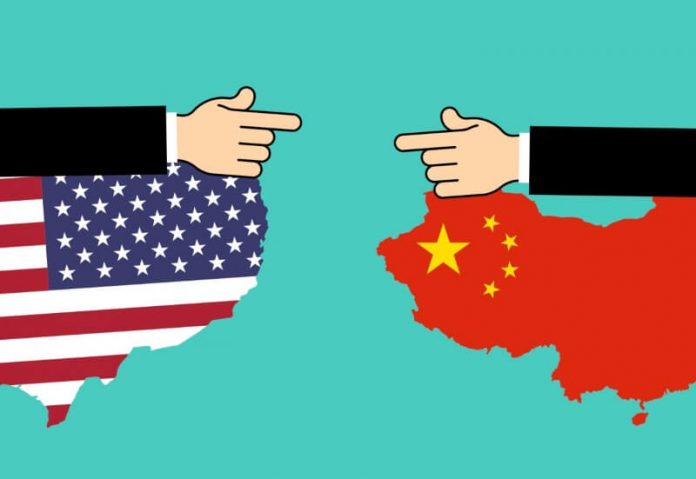Back in July 2017, the Chinese government published a policy paper that outlined how the nation would transform into a global leader in the AI space by 2030.
Looking at some aspects, China seems to have hit this goal, ten years ahead of its plan.
In fact, a recent study revealed that the country’s production of influential artificial intelligence (AI) research papers is expected to surpass that of the United States, which is the current world leader in AI research.
The findings show that China’s strategy to boost its AI capabilities with the assistance of government investment in private industry and educational facilities appears to be paying off.
Considering the massive piles of artificial intelligence (AI) papers published yearly, China outperformed the US in 2006, even though critics have said that quantity cannot match quality.
China boasts well-outlined issues with scientific fraud, and in artificial intelligence, there has been a stereotype of Chinese-based research being incremental.
Hence, some critics have said that counting the large volume of papers is not a suitable metric for measuring AI achievement.
READ MORE: China to Become an AI Superpower as Europe Experiences Brain Drain
READ MORE: China’s Tech Giants Invest More on AI than Silicon Valley
However, new findings from the Allen Institute for Artificial Intelligence in Seattle account for this achievement by measuring the number of papers and how regularly they are cited.
Upon analyzing over two million AI-related papers that had been published by the close of 2018 , the Seattle-based Allen Institute discovered that China is “poised to overtake the US in the most-cited 50 percent of papers this year, in the most-cited 10 percent of papers next year, and in the 1 percent of most-cited papers by 2025.”
The researchers uncovered that America’s portion of the most-cited 10% of AI papers dropped from the recorded 47% in 1982 to 29% last year.
Meanwhile, China’s share has been “rising steeply,” hitting 26.5% in 2018.
The Chief Executive Officer of the Allen Institute Oren Etzioni told The Verge that the study “refutes” the stereotype suggesting that the contribution of China to the AI space is incremental.
“Clearly, the quality of Chinese papers is high and getting higher,” said Etzioni over email.
“Of course, one might argue that citation statistics could be influenced by more Chinese scientists citing each other, but if you look at the list of Best Paper Awards you’ll see several Chinese entries there which represents the absolute cream of the crop.”
Nevertheless, the institute noted that as far as the number of Best Paper accolades relating to computer science is concerned, the United States is still “firmly ahead.”
Even though analyzing research only forms one metric for measuring the total AI output of a given nation, industry experts and academics have for a long time issued a warning that the US has to boost its efforts to stay ahead of China and other nations.
In February, President Donald Trump gave an executive order meant to boost the country’s investment in artificial intelligence, even though the order was unclear, with only a few concrete objectives and did not include any new research financing.
Other nation’s national artificial intelligence plans have consisted of government funding ranging from 20 million dollars (particularly in Denmark and Australia) to almost $2 billion (South Korea).
